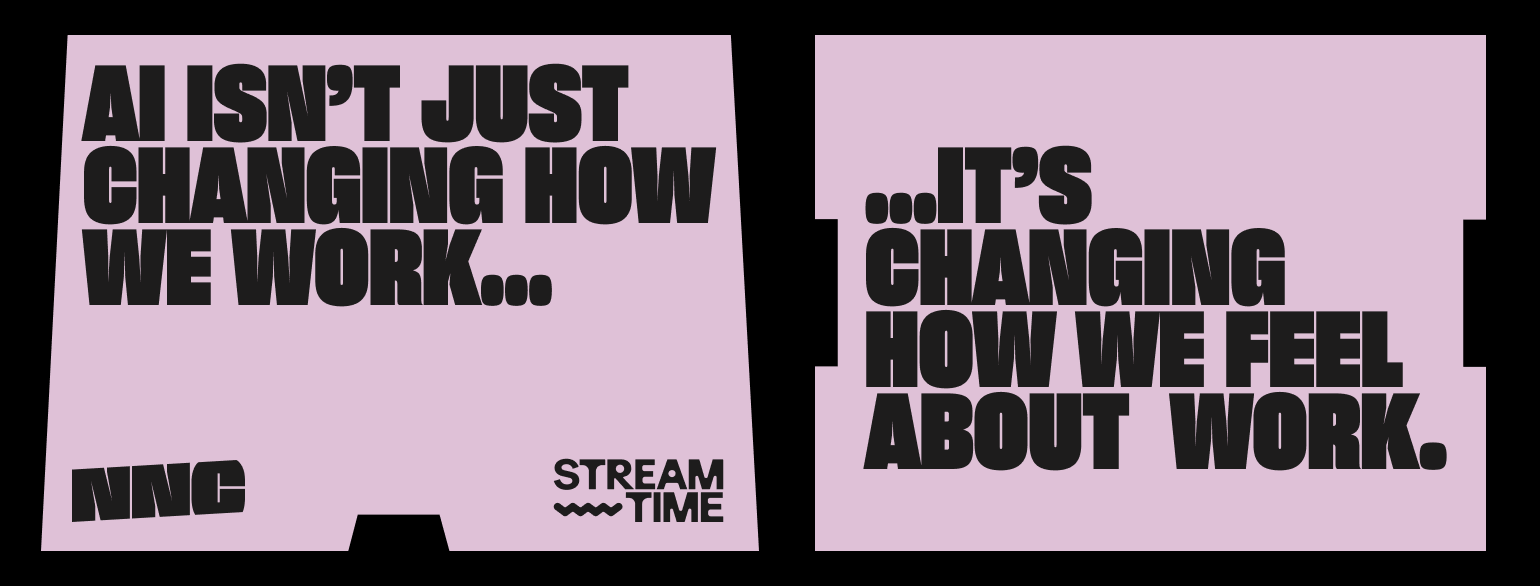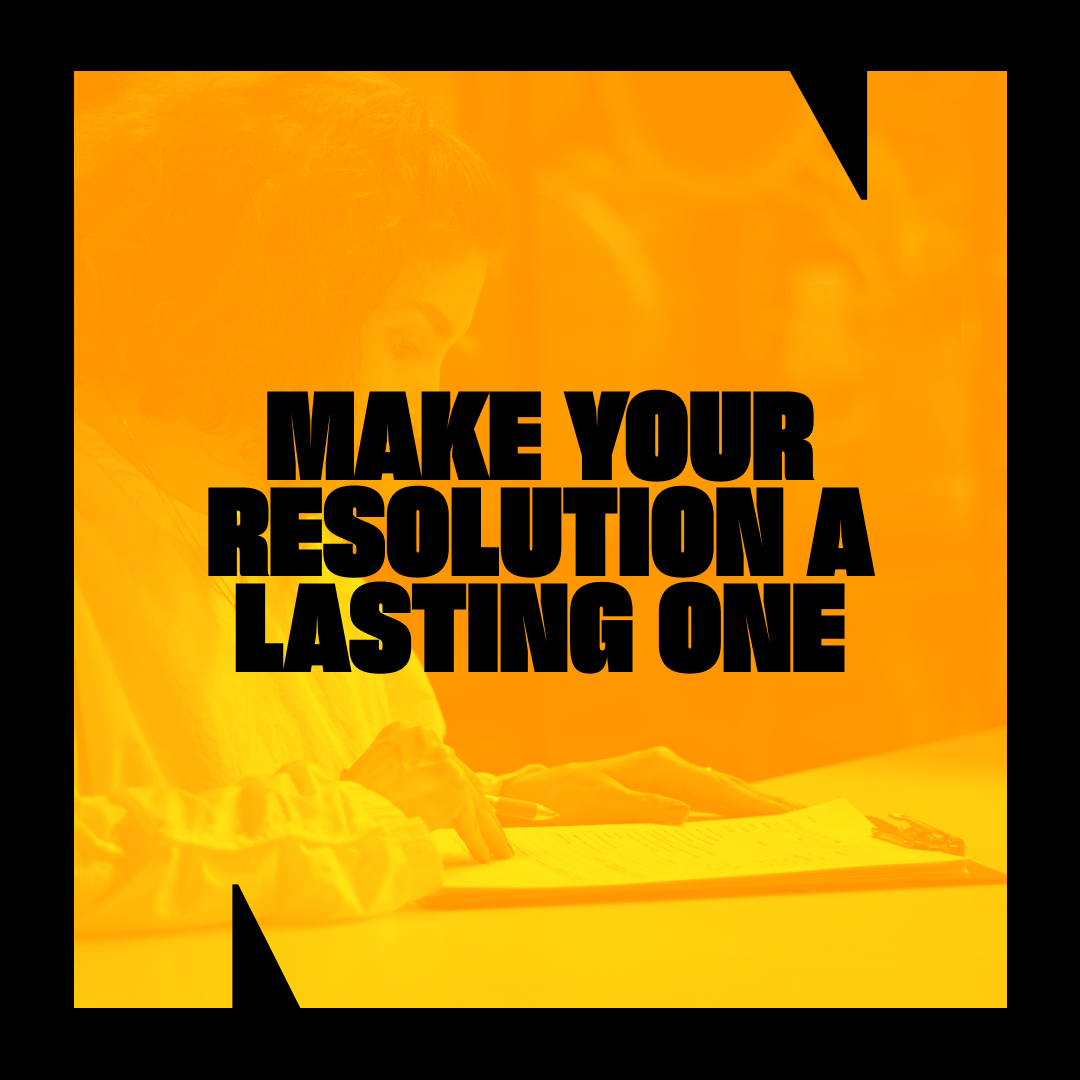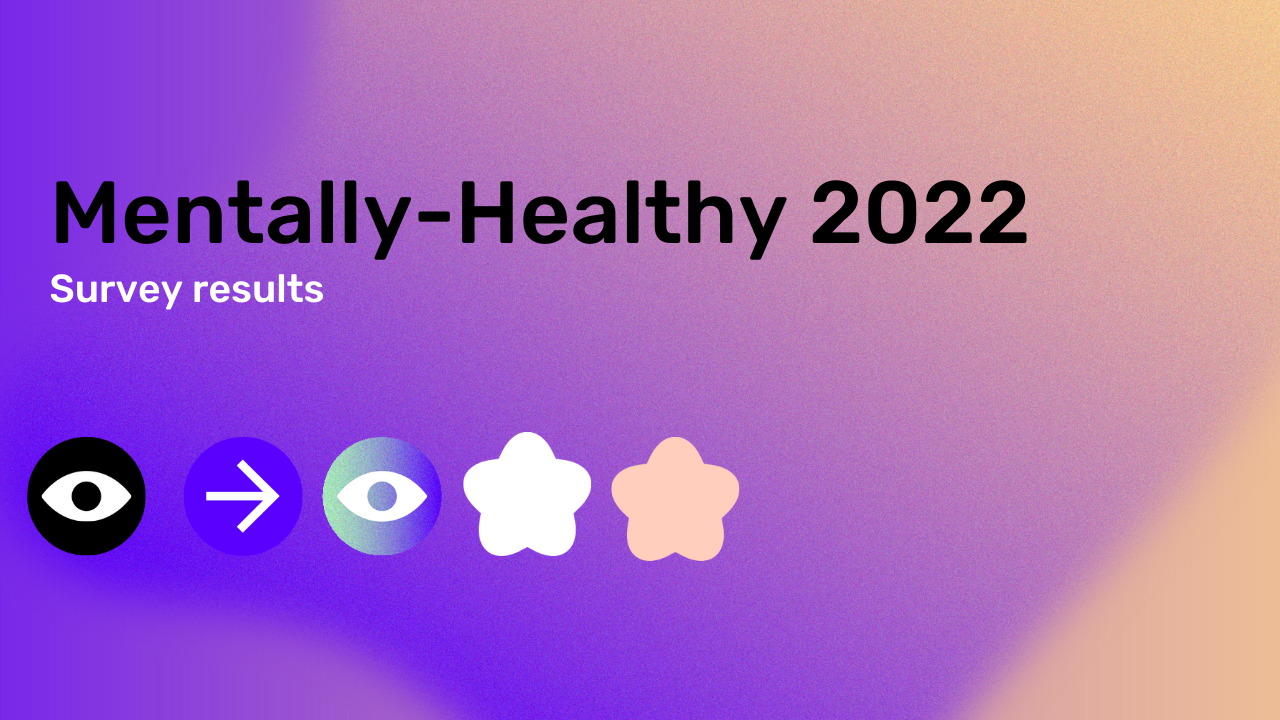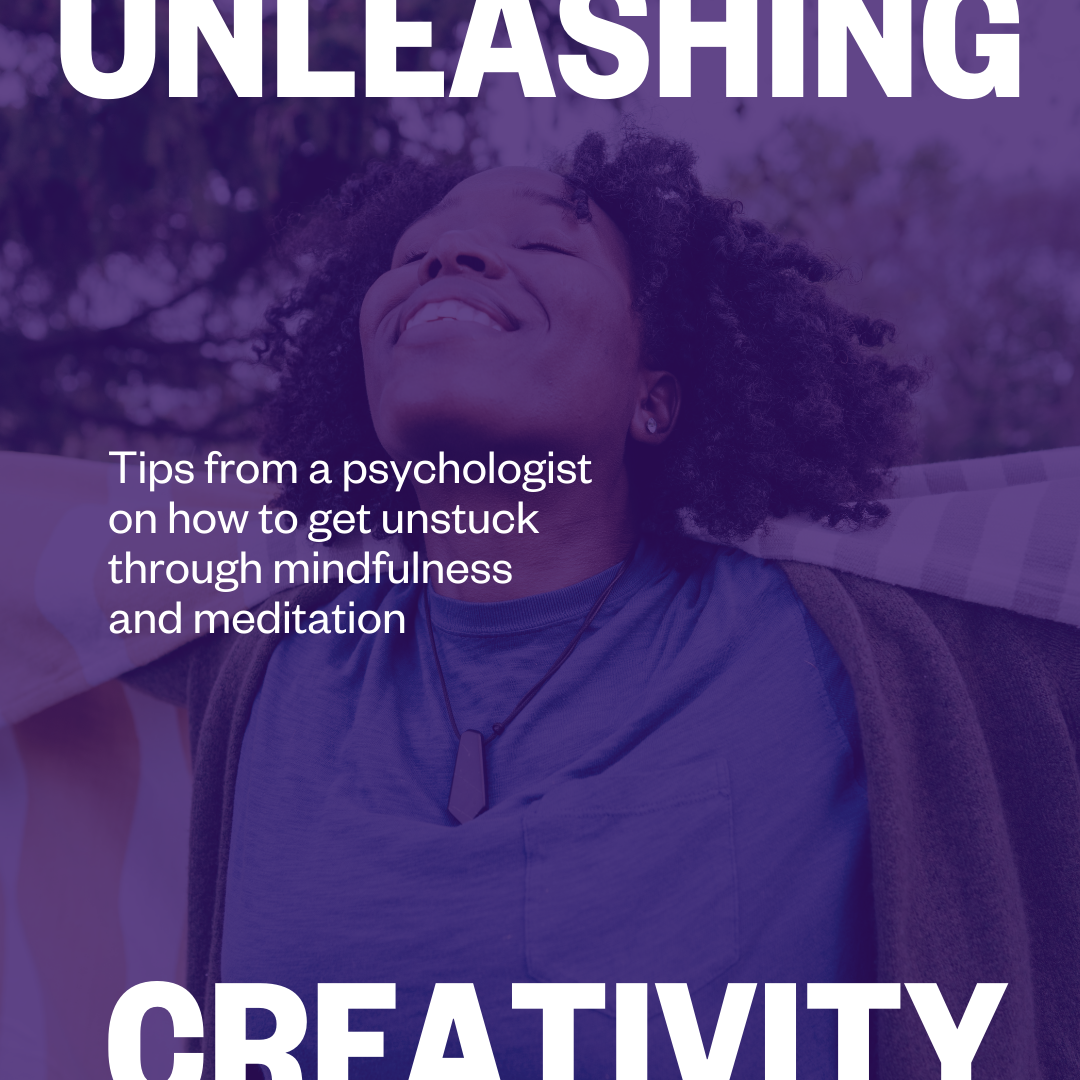"It's Gonna Take Our Jobs!" And Other Things We Yell at the Future

"It's gonna take our jobs!" has become the go-to battle cry whenever AI enters the chat. Honestly, the confusion and mild panic are fair. Facing the unknown is never easy, and while I'd love to write something that smooths everyone's ruffled feathers, I can't. I see hope and excitement, but also absolute terror in how far this next chapter is going to reach in creating a future that’s fitting for Black Mirror and closer than ever before.
None of us can predict the future. But there are serious, elbow nudging hints everywhere! All 3 of my kids ask me why they can't just "ask the AI" to do their homework. They're not afraid of the technology, they're confused about why we are.
And maybe that's the thing. We're not really scared of AI itself. We're scared of what it represents: change we didn't ask for, moving faster than we can process.
The Productivity Paradox (Or: Why We're All Busier Than Ever)
One of the biggest promises of AI is that it makes us more productive, right? Saves us time. Lets us focus on the "real" creative work. But if you've been in this industry for more than a hot minute, you know how this story goes.
Remember when email was going to streamline communication? Now we're drowning in it. Remember when project management tools were going to simplify everything? Now we've got seventeen different platforms and still can't find that final v3 file from last weeks presentation. Every efficiency tool we've ever adopted has, paradoxically, made us busier.
I've run creative agencies for years, and I've watched this pattern repeat itself like a bad Matrix sequel. New technology promises to save time → we adopt it → clients expect twice as much in half the time → we're working harder than before. The goalposts don't just move; they sprout legs and start running. (Obviously, I also work for one of these tools, and while I genuinely hope and can see it helps, I’m very aware of the irony)!
AI is speedrunning this same playbook.
Can we generate concepts faster now? Absolutely. Can we create variations in seconds instead of hours? You bet. But has anyone's workload actually decreased? Has anyone left at 5pm thinking, "Wow, AI really freed up my afternoon"? Or are we just producing more, iterating more, presenting more options, revising more, because we can?
The productivity paradox isn't a bug—it's a feature of how our industry operates. When efficiency increases, so do expectations. The question isn't whether AI makes us more productive. It's whether we're collectively brave enough to say, "Just because we can produce more doesn't mean we should."
Right now? We're not.
The Skills Debate: Are We Losing Them or Just Trading Them In?
Then there's the skills question, and this one keeps me up at night—partly because it's complex, partly because I see thousands of talented creatives graduating with only tens or hundreds of jobs up for grabs.
The doom-and-gloom crowd says we're going to lose fundamental creative skills. That juniors won't learn craft because AI will do it for them. That we'll become a generation of prompt engineers who can't actually design, write, or art-direct with any taste, finesse or insight.
When I started in this industry, you had to know your way around a Mac like it was a second language. The crafters learned typography by making terrible kerning mistakes and getting roasted for them in reviews. You developed an eye by looking at thousands of bad layouts until you could finally spot what made something good. There were no shortcuts. No "make it look professional" buttons.
But here's the thing—and this is where the debate gets interesting—we've been here before.
No doubt you’ve had this conversation or point of view shared with you recently. The old guard said desktop publishing would kill real design skills, they’d never adopt it, it was a fad. Before that, they said the same about computers replacing hand-lettering. And you know what? They were both right and wrong. We did lose some skills. But we gained others. The goalposts moved, and so did we.
My 12-year-old can edit video faster and better than I can. Is that a loss of skill or a different skill? When my 14-year-old troubleshoots technology I don't understand, is that a lack of fundamentals or a different set of fundamentals?
The real question isn't "are we losing skills?" It's "which skills matter now, and which ones are we romanticising?"
Because here's what I'm seeing: AI isn't replacing creativity—it's exposing who has it and who doesn't. When anyone can generate something that looks decent, the people who understand strategy, nuance, human emotion, and cultural context become exponentially more valuable. The gap between "technically proficient" and "actually good" just got significantly wider.
But, I argue that we have to actively choose to develop those deeper skills. We have to resist the temptation to let AI do the thinking. We have to be intentional about what we're learning and what we're outsourcing.
It's like teaching kids to use a calculator. Sure, let them use it. But make 100% sure that they understand the math first.
So What Now?
What we can do is pause, take a deep breath, and check the pulse of our industry. How are people actually using AI? Is it helping or hindering? What's it doing to our wellbeing? What skills are we protecting, and which ones are we accidentally eroding?
That's why, at Never Not Creative, we've launched Never Not Human—an honest look at AI in the creative industry.
We want to know what you really think. Are you anxious, excited, overwhelmed, curious? Do you feel pressure to use AI tools? Is it making your work better, or just busier? Are you worried about your skills declining or disappearing, or are you excited about new ones emerging? This is your chance to share how AI is shaping your work and how it's making you feel.
With your insights, we can work on community solutions that help all of us navigate this shift with a bit more confidence and care. Maybe we can even figure out how to reclaim some of that promised productivity without sacrificing our sanity or our craft.
Because if we're the ones steering the ship—asking the hard questions, pushing back on the busywork, and protecting what actually matters, the future starts to look a whole lot less bleak and a lot more human.
Take the survey here: www.nevernotcreative.org/ai/2025-survey



